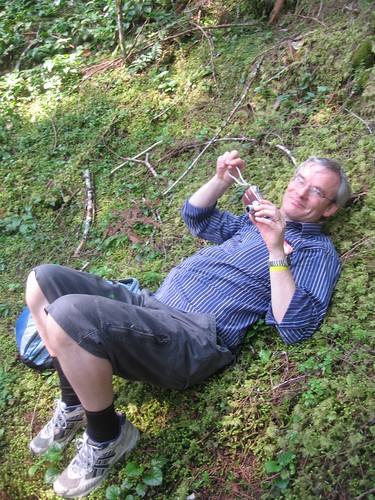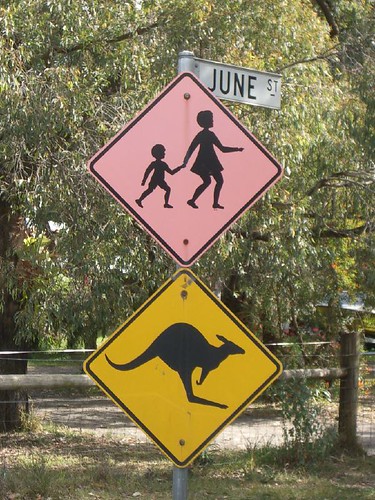 I need your help and recommendations!
I need your help and recommendations!
I’m about to facilitate another workshop on social media in international development for the ICT-KM program of the Consultative Group on International Agricultural Research (CGIAR). This is the third time for this all-online workshop. In this iteration, we are trying to pay more attention to context of use, rather than focus on tools, tools, tools. The best way I know of doing this is to start the conversation with some stories of use.
To that end, I’m starting to do some 10 minute podcasts with practitioners who are using social media in their work, particularly those who work in international development and/or science research for global public good (as in agricultural research.)
Who would you like to hear from? Who should I talk to?
First up, I’ll be interviewing William Anderson cofounder of Praxis101 . Bill has wrangled with the issues of sharing scientific data with his work with CODATA where he is an Associate Editor for the CODATA Data Science Journal (http://www.codata.org/dsj/index.html), and in his role as the Co-chair of the InterAcademy Panel Task Group on Digital Knowledge Resources in Developing Countries (http://www.interacademies.net/CMS/Programmes/4704.aspx ). He recently ended an eight year term as a member of the U.S. National Committee for the Committee on Data for Science and Technology and as Co-chair of the CODATA Task Group on Preservation of and Access to Scientific and Technical Data in Developing Countries.
I already have a nice collection of longer podcasts including:
- Simon Hearn on Online Community Facilitation
- Sam Rose on the Social Media Classroom
- Howard Rheingold on the Social Media Classroom
- Blended Facilitation Podcast from Matt Moore (with Ed Mitchell, Matt and I)
- Using “the clock” on telecons
However, the value of a small library of short, engaging stories is priceless. So who should I interview? You? Someone you know of? Let me know! I’d like to harvest a few stories.
Photo Credit: Creative Commons picture, “Go Vote” on Flickr by M-C

 Six of us are in
Six of us are in  Are you one of my Australian pals? Interested in spending time learning and talking about some shared interests? Well I’ll be down under for nearly three weeks in November.
Are you one of my Australian pals? Interested in spending time learning and talking about some shared interests? Well I’ll be down under for nearly three weeks in November. Chris Lott posted a really important bit at the end of his
Chris Lott posted a really important bit at the end of his